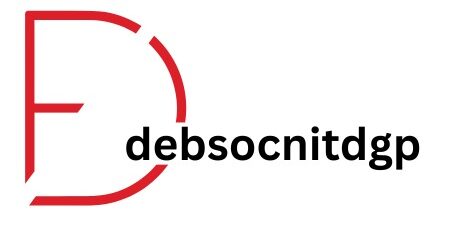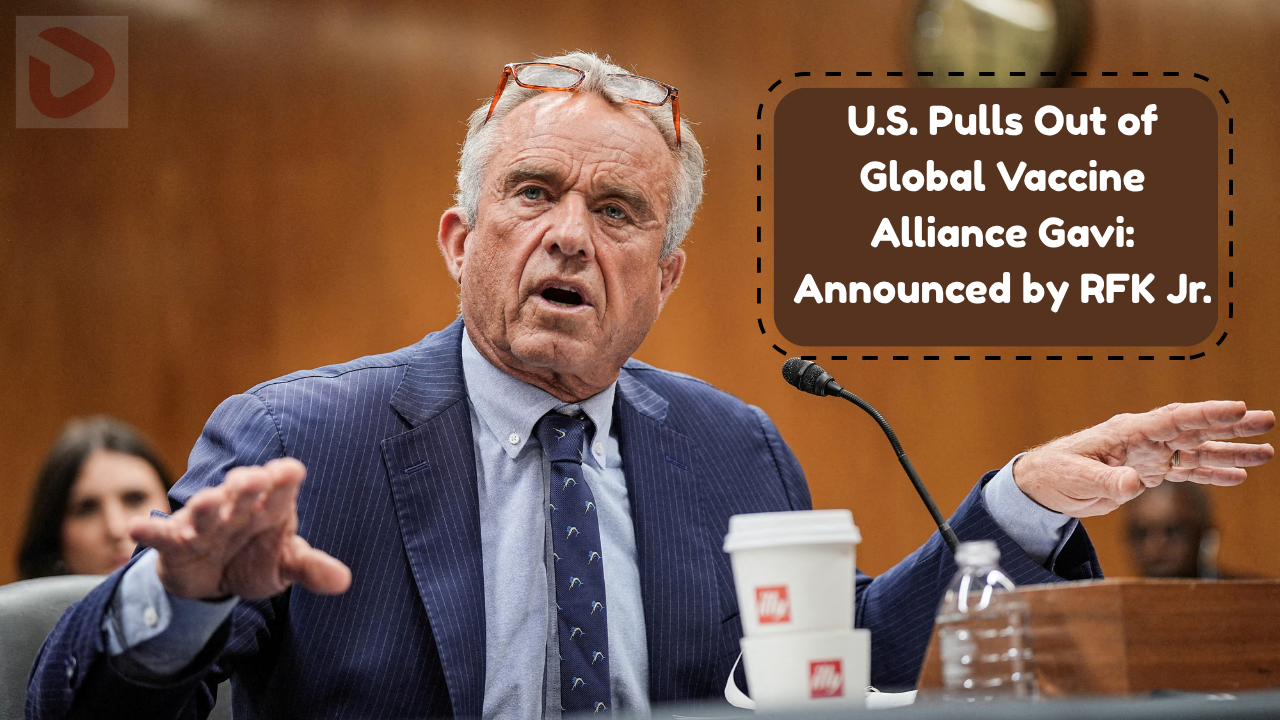In a surprising policy shift, U.S. Health Secretary Robert F. Kennedy Jr. announced that the United States will halt its financial contributions to Gavi, the Vaccine Alliance, starting in 2025. The declaration, made during a press briefing in June 2025, marks a significant turning point in America’s long-standing role in supporting global immunization efforts.
Gavi’s Role in Global Health
Gavi, the Vaccine Alliance is an international nonprofit that plays a vital role in providing vaccines to children and adults in low-income countries. Since its establishment in 2000, Gavi has helped immunize over 1 billion people and has been instrumental in controlling outbreaks of diseases like measles, polio, and COVID-19.
The U.S. has been one of Gavi’s leading donors, contributing billions of dollars to its mission over the years.
Kennedy’s Reasoning Behind the Decision
During his address, Robert F. Kennedy Jr., known for his non-traditional views on public health and vaccination policies, stated that the U.S. must “refocus its health priorities inward.”
“America’s resources must first serve the health of its own people,” Kennedy said. “While we value international partnerships, it’s time we reevaluate how our taxpayer dollars are used abroad.”
He cited the need to revamp domestic healthcare infrastructure, address post-pandemic recovery, and improve local disease prevention systems as core motivations for pulling out of the alliance.
Global Repercussions Expected
Experts warn that the withdrawal of U.S. funding—one of Gavi’s largest streams of financial support—could result in:
- Slower vaccine distribution in low-income nations
- Reduced childhood immunization programs
- Delayed responses to emerging disease outbreaks
- Increased financial pressure on Europe and other donor countries
The impact could be particularly devastating for developing countries in Africa and South Asia, which heavily rely on Gavi for vaccine access.
International Response
The global health community has reacted with concern. Leaders from the World Health Organization (WHO) and UNICEF called the move “a setback to global equity in healthcare.” European nations, including France and Germany, have expressed intentions to increase their contributions to help fill the gap.
Gavi, in a public statement, said it respects the decision of the U.S. administration but emphasized the importance of collective responsibility in global health.
What’s Next for Gavi?
To recover from the financial shortfall, Gavi is expected to:
- Strengthen private-sector partnerships
- Seek increased support from emerging economies
- Launch new fundraising campaigns
- Push for alternate funding through multilateral institutions
The alliance remains committed to its mission of delivering vaccines to vulnerable populations and preventing disease outbreaks worldwide.
Final Thoughts
The decision to end U.S. financial backing for Gavi under Health Secretary Robert F. Kennedy Jr. marks a dramatic departure from decades of bipartisan global health leadership. While the administration aims to refocus on domestic issues, critics argue that pulling back now could weaken global disease defense—especially in an era when new health threats can emerge rapidly and cross borders with ease.
Only time will tell how this move reshapes global health funding, and whether the international community can rally to fill the void left by one of Gavi’s most influential donors.

